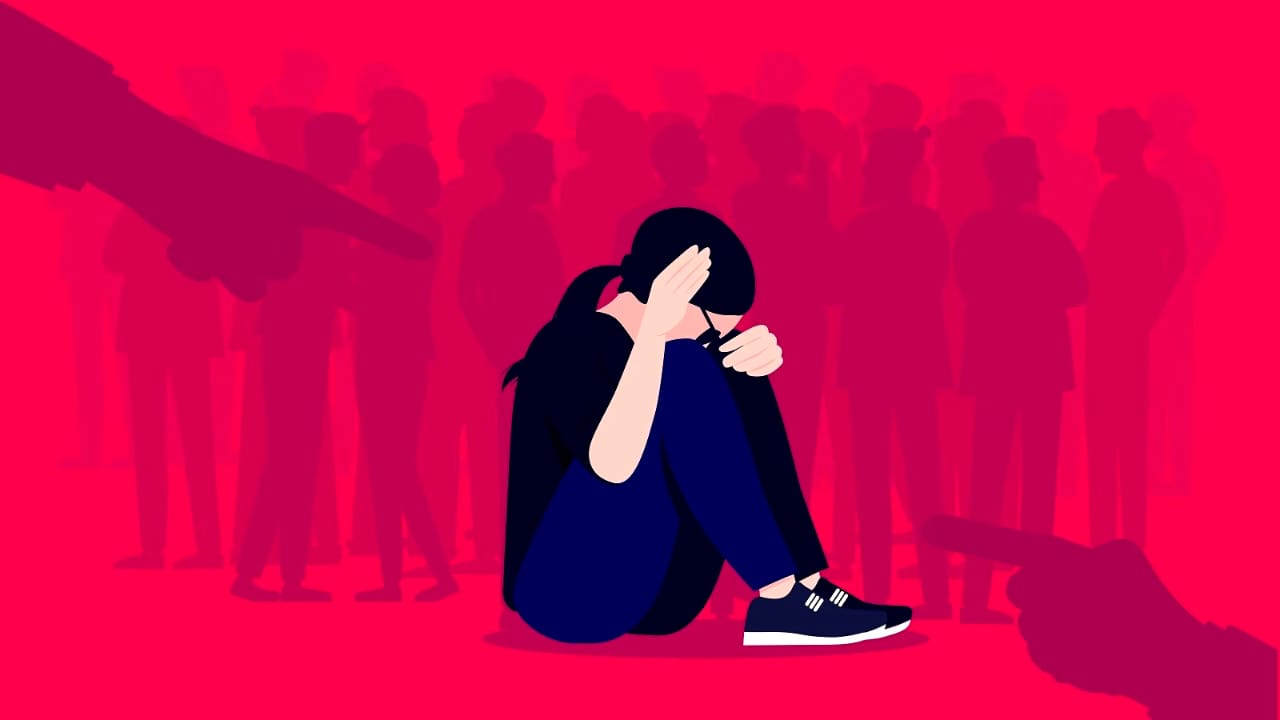
By Dr Steven Joseph. MRCPsych MRCGP
Introduction
In a world that thrives on connection and communication, social anxiety can cast a long and challenging shadow over the lives of those who experience it. Social anxiety disorder, characterized by an overwhelming fear of judgment and negative evaluation in social situations, affects millions of individuals worldwide. In this blog, we will explore the nuances of social anxiety, its impact on daily life, and strategies for overcoming its grip.
Understanding Social Anxiety
Social anxiety is more than just feeling nervous before a social event; it is a persistent and intense fear of social situations. People with social anxiety often worry excessively about being scrutinized, judged, or embarrassed in social settings. This fear can lead to a range of physical and emotional symptoms, such as trembling, sweating, rapid heartbeat, and a strong desire to avoid social situations altogether.
The Roots of Social Anxiety
The origins of social anxiety are complex and multifaceted, often involving a combination of genetic, environmental, and psychological factors. Genetics may play a role in predisposing individuals to anxiety disorders, while environmental factors such as early life experiences and learned behavior can contribute to the development of social anxiety. Traumatic social experiences or a history of bullying can also leave lasting imprints on an individual’s mental well-being.
Impact on Daily Life
Social anxiety can significantly impact various aspects of daily life. From difficulty making and maintaining friendships to avoiding career opportunities that involve social interaction, the consequences of social anxiety can be pervasive. The fear of judgment and rejection can lead to self-imposed isolation, limiting personal and professional growth.
Breaking the Stigma
Acknowledging and discussing social anxiety is a crucial step in breaking the stigma surrounding mental health. By fostering open conversations and understanding, we can create a supportive environment that encourages individuals to seek help without fear of judgment. Mental health is an integral part of overall well-being, and treating social anxiety is no different from addressing any other health concern.
Strategies for Overcoming Social Anxiety
- Seek Professional Help: A mental health professional, such as a therapist or counselor, can provide guidance and support. Cognitive-behavioral therapy (CBT) has been particularly effective in treating social anxiety by helping individuals change negative thought patterns and develop healthier coping mechanisms.
- Gradual Exposure: Gradual exposure to social situations can help desensitize individuals to the triggers of their anxiety. Starting with small, manageable steps and progressively challenging oneself can build confidence over time.
- Practice Mindfulness and Relaxation Techniques: Mindfulness and relaxation techniques, such as deep breathing and meditation, can help manage anxiety symptoms. These practices promote a sense of calm and can be valuable tools in navigating challenging social situations.
- Build a Support System: Cultivate a supportive network of friends, family, or support groups who understand and empathize with your experiences. Sharing your thoughts and feelings can alleviate the burden of social anxiety.
- Challenge Negative Thoughts: Recognize and challenge negative thoughts that contribute to social anxiety. Replace self-critical thoughts with more realistic and positive ones, fostering a healthier mindset.
Conclusion
Social anxiety is a common and treatable mental health condition that deserves understanding and compassion. By increasing awareness, fostering open conversations, and providing support, we can create a more inclusive society where individuals with social anxiety can thrive. Remember, seeking help is a sign of strength, and everyone deserves the opportunity to break free from the shadows of social anxiety and embrace a more fulfilling life.













